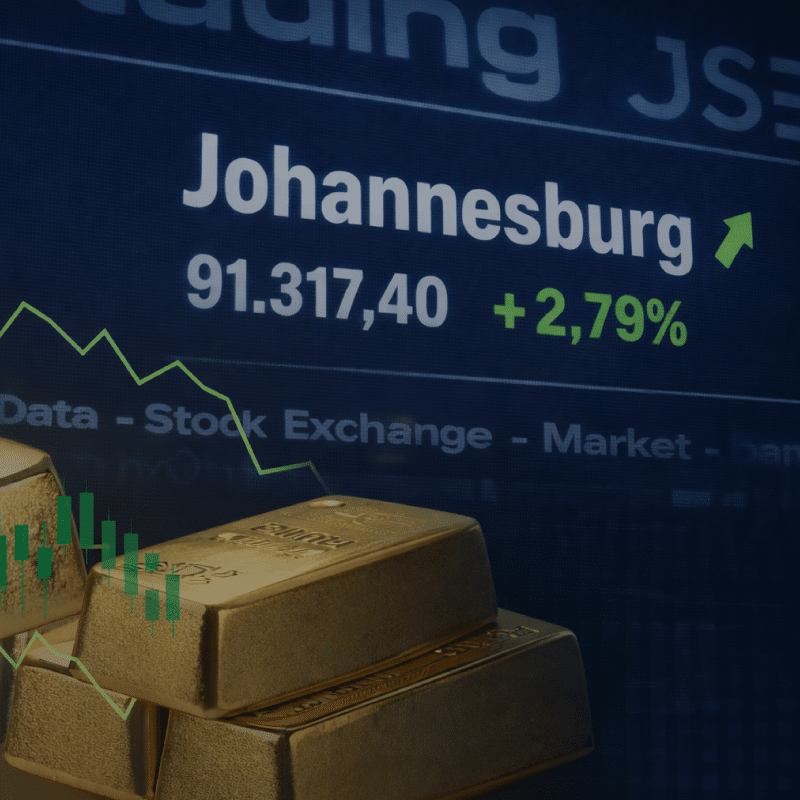The local bourse experienced its second negative month of 2021 (FTSE/JSE Capped SWIX -1.4% MoM) in September. Index heavyweight, Naspers eked out a small gain for the month, catching up some of the recent underperformance relative to Prosus. However, the combined performance of the two stocks was once again a drag on the index as the shifting regulatory landscape in China continues to be a headwind for the pair, which are down 22% in aggregate YTD. The miners were a source of meaningful pain for the local market, particularly platinum miners (-17% MoM). The ongoing shortage of memory chips causing bottlenecks in the motor industry contributed to a 23% MoM drop in auto catalyst minerals palladium and rhodium. Diversified miners (-10% MoM) also suffered alongside the drop in iron ore (-24% MoM). Sasol was a rare bright spot amongst the miners (+27% MoM) as it benefitted from the global shortage in energy materials.
The domestically focussed shares delivered a small positive contribution for the month, despite the poor performance from the retailers. The announcement of some corporate activity aimed at unlocking shareholder value was a contributor to the outperformance of RMI (+19% MoM) and Remgro (+12%) as they look to unbundle some of their underlying listed investments. Telkom was another beneficiary of corporate activity (+15% MoM) as it announced plans for a tower deal. The rand lost ground against a strong US dollar (-3.7% MoM) providing a tailwind for JSE-listed companies with foreign earnings, but most of the companies in that category were unable to use the advantage to contribute positively for the month. The exception was pharmaceutical company, Aspen (+40% MoM), which rallied strongly as it announced the possibility of a favourable licensing deal with Johnson & Johnson related to the distribution of COVID-19 vaccinations in Africa.
South African (SA) government bonds struggled in September amidst a higher global yield environment and SA 10-year government yields ended the month at 9.6% (0.5% higher for the month). The SA Reserve Bank (SARB) meeting in September saw rates remain on hold as anticipated. SARB Governor Lesetja Kganyago spoke at length during the press conference about a need to lower the inflation target towards 3%, away from the midpoint of the current 3% to 6% range. During September, data releases related to July activity for manufacturing production (-8% MoM) and retail sales (-11.2% MoM) showed the meaningful impact that the unrest had on economic activity for the month. Towards the end of last month, National Treasury reported a primary budget surplus for 1Q21, the first since 2018, as the government showed progress with fiscal consolidation.




